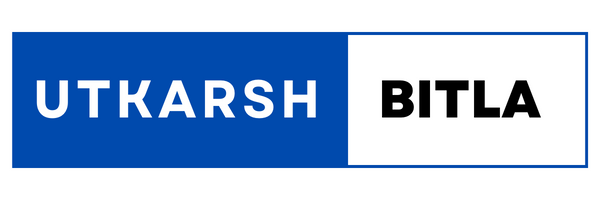In a groundbreaking
development, the United Kingdom has witnessed the birth of the first baby
conceived with DNA from three individuals. This remarkable achievement is the
result of a new in vitro fertilization (IVF) procedure that has the potential
to revolutionize reproductive science. In this blog post, we will explore the
details of this pioneering technique and the implications it holds for the
future of assisted reproductive technologies.
The
Birth of a Milestone
On May 9, 2023, The
Guardian reported the birth of the first UK baby to be conceived using a novel
IVF technique known as mitochondrial replacement therapy (MRT). This procedure
involves the transfer of nuclear DNA from the intended parents to a donor egg,
which has had its nuclear DNA removed but retains healthy mitochondrial DNA
(mtDNA). By combining the genetic material of three people, this technique aims
to prevent the transmission of certain inherited mitochondrial diseases.
Mitochondrial
Diseases and their Challenges
Mitochondrial diseases
are a group of rare genetic disorders caused by mutations in the DNA of
mitochondria, the cell's powerhouses responsible for generating energy. These
conditions can have severe consequences, affecting various organs and systems
in the body. Unfortunately, traditional IVF techniques cannot address
mitochondrial diseases as they solely rely on the genetic material from the
intended parents.
The
Science Behind MRT
The new IVF procedure
involves an intricate process. First, the nuclear DNA from the intended parents
is extracted and transferred to a donor egg with healthy mitochondria. The
resulting egg, now containing nuclear DNA from the parents and mitochondrial
DNA from the donor, is then fertilized with the father's sperm. The embryo is
subsequently implanted into the mother's uterus for normal gestation.
 |
How mitochondrial donation treatment works |
Ethical
Considerations and Regulatory Framework
While the birth of this
baby represents a significant scientific breakthrough, the procedure has raised
ethical concerns. Critics argue that altering the genetic makeup of an embryo
raises questions about the potential long-term effects and the boundaries of
genetic modification. However, regulatory bodies have established strict
guidelines to ensure the responsible and ethical use of this technique. The UK
became the first country to legalize MRT in 2015, following a comprehensive
review by the Human Fertilisation and Embryology Authority (HFEA).
Future
Implications and Possibilities
The successful birth of
a baby using MRT opens up new avenues in reproductive medicine. This technique
not only offers hope to families affected by mitochondrial diseases but also
has broader implications for preventing the transmission of inherited genetic
conditions. However, further research is needed to assess the long-term safety
and efficacy of MRT, as well as its potential application beyond mitochondrial
diseases.
The birth of the first
UK baby with DNA from three individuals is an extraordinary achievement that
showcases the progress of reproductive science and its potential to transform
lives. Mitochondrial replacement therapy represents a significant step forward
in addressing inherited mitochondrial diseases and may hold promise for the
prevention of other genetic disorders. As research in this field advances, it
is crucial to balance the ethical considerations with the potential benefits,
ensuring that responsible innovation guides the future of assisted reproductive
technologies.
Source



